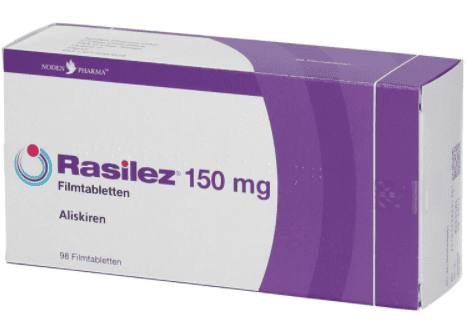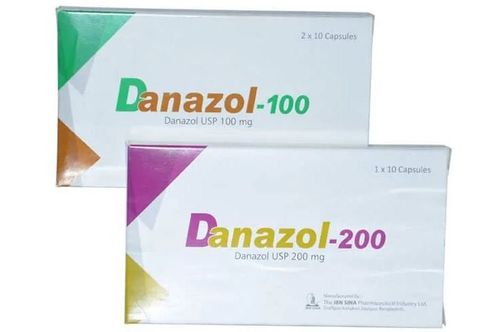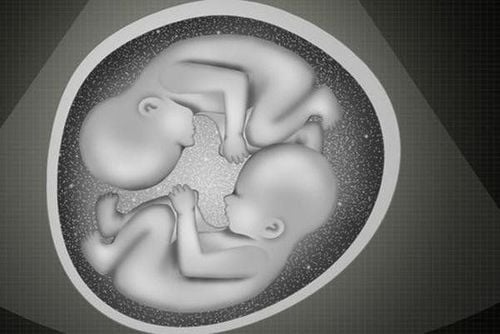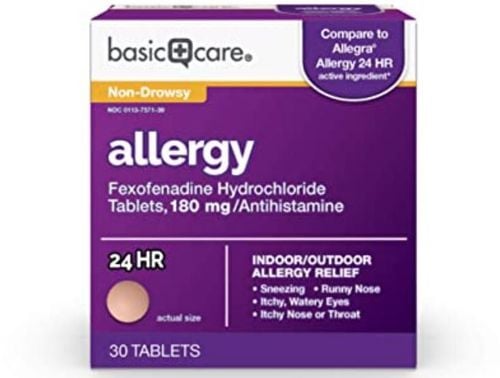This is an automatically translated article.
Hereditary angioedema is a rare disorder. Patients can have sudden and rapid swelling in many places of the body such as face, legs, hands, genitals, even in the pharynx, intestinal wall,... Hereditary angioedema if not treated Timely death can be fatal, but the disease will become simple when detected early and treated properly.
1. Hereditary angioedema
Hereditary angioedema is a rare genetic disorder that can cause sudden, rapid angioedema in many parts of the body such as the face, legs, hands, genitals,... even the pharynx. , intestinal wall,... Hereditary angioedema is caused by deficiency or dysfunction of C1 inhibitor, a protein that regulates the classical complement activation pathway. Hereditary angioedema has 2 main types:
Type 1: characterized by C1 inhibitor deficiency, accounting for about 80-85% Type 2: characterized by C1 inhibitor dysfunction, accounting for about 15-20 % Hereditary angioedema clinically manifests itself in childhood or adolescence. A rare type of hereditary angioedema characterized by normal levels of C1 inhibition. The frequency of this hereditary edema is unknown and occurs predominantly in females. Inherited triggers of angioedema include:
Minor trauma Viral disease Cold exposure Pregnancy Ingesting allergic foods Mental stress, stress, ... MORE: Drug-induced angioedema: Things need to know

Mang thai là một trong các yếu tố khởi phát phù mạch di truyền
2. Symptoms and signs of hereditary angioedema
Symptoms of hereditary angioedema are similar to those of other bradykinin angioedema. Patients often have asymmetric swelling and mild pain on the lips, face, tongue, etc. Swelling can occur on the back of the hands or feet, even on the genitals, but is not accompanied by a rash. red, urticaria. For the gastrointestinal tract, the patient will have manifestations of gastrointestinal obstruction such as nausea, vomiting and discomfort, abdominal pain due to edema of the intestinal wall.
Besides, laryngeal edema is an emergency clinical manifestation and can be life-threatening. Other atypical clinical manifestations may be encountered such as pleural effusion, cerebral edema causing headache and coma for the patient.
MORE: Why do you have a rash and angioedema?
3. Diagnosis of hereditary angioedema
Definitive diagnosis of hereditary angioedema is based on typical clinical manifestations and patient and family history. In addition, tests for C1q, C1-INH, and C4 should be performed, giving the following results:
Measurement of complement levels: measuring the concentration of C4, C1, C1q inhibitors. C4 and C2 concentrations decreased in quantity and quality. Decreased C1 inhibitor function. Hereditary angioedema type 1: normal C1q levels and low C1 inhibitor levels. Hereditary angioedema type 2: C1 inhibitor levels are elevated or normal, and C1q levels are normal. Acquired C1 inhibitor deficiency: manifested by low C1q levels. Hereditary angioedema type 3: normal C1 and C4 inhibitory levels. If angioedema is not accompanied by urticaria and recurs for unknown reasons, the physician should suspect hereditary angioedema or C1 inhibitor deficiency.

Bác sĩ có thể chẩn đoán phù mạch di truyền thông qua kết quả xét nghiệm
4. Treatment of hereditary angioedema
In acute episodes of hereditary angioedema treated with a C1 inhibitor, ecallantide or an IC inhibitor. However, these drugs are expensive and currently not available in Vietnam. Therefore, for emergency but non-specific treatment with adrenaline, H1 antihistamines, corticosteroids. Cases of patients with respiratory effects such as severe laryngeal edema require emergency tracheostomy and frozen plasma transfusion. Epinephrine may be used temporarily in acute episodes of hereditary angioedema. For cases of hereditary angioedema, surgical intervention must be performed with great consideration and caution, because the effects of surgical trauma can aggravate the disease. Alternatively, analgesics, antiemetics, and fluid exchange can be used to relieve symptoms.
Prophylaxis and management of acute exacerbations in hereditary angioedema with tranexamic acid or danazol.
Short-term prophylaxis: indicated before high-risk procedures such as maxillofacial surgery,... Patients are usually given inactive androgens 5 days before the procedure until 2 days after the procedure. when performing the procedure. Some experts suggest that using a C1 inhibitor 1 hour before the procedure is more effective than using inactive androgens for short-term prophylaxis. Long-term prophylaxis: Inactive androgens are used to stimulate the synthesis of C1 inhibitors in the liver. In summary, hereditary angioedema is a rare disorder resulting from deficiency or dysfunction of the C1 inhibitor, a protein that regulates the classical complement activation pathway. Patients can appear edema in the legs, hands, genitals, even in the intestinal wall, larynx, ... Hereditary angioedema if not diagnosed and treated promptly can threaten the life patient network. Therefore, when there is a family history of angioedema, children need to be diagnosed early and have appropriate interventions.
Vinmec International General Hospital is the address for examination, treatment and prevention of diseases. When performing the examination process at Vinmec, customers will be welcomed and used modern facilities and equipment along with perfect medical services under the guidance and advice of experts. Good doctors, well-trained both at home and abroad.
Please dial HOTLINE for more information or register for an appointment HERE. Download MyVinmec app to make appointments faster and to manage your bookings easily.













